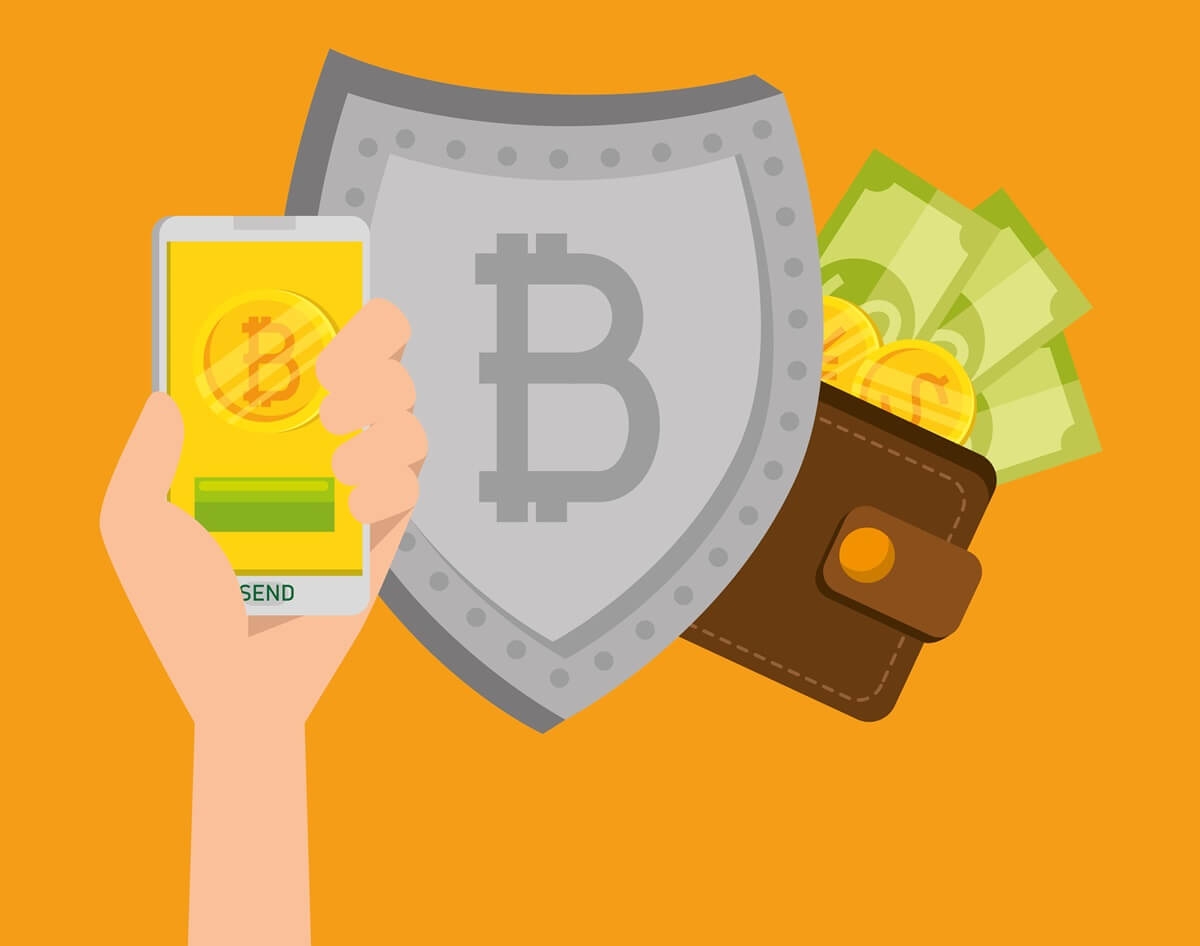With the rise of digital assets, securing your cryptocurrency has never been more important. Crypto wallets are essential tools for managing and protecting your funds, but not all wallets offer the same level of security. In this guide, we’ll explore different types of wallets, with a focus on hardware wallets, crypto security, and the importance of private keys.
Table of Contents
ToggleUnderstanding Crypto Wallets
A crypto wallet is a digital tool that stores your private keys—the critical piece of data needed to access and manage your cryptocurrency. Unlike traditional wallets, crypto wallets don’t actually “store” your coins; instead, they interact with blockchain networks to send and receive transactions securely.

Types of Crypto Wallets
Hot Wallets (Connected to the Internet)
Web Wallets: Accessible via browsers (e.g., MetaMask). Convenient but vulnerable to hacking.
Mobile & Desktop Wallets: Apps like Trust Wallet or Exodus. More secure than web wallets but still at risk if your device is compromised.
Exchange Wallets: Storing crypto on platforms like Binance or Coinbase. Not recommended for long-term holdings due to security risks.
Cold Wallets (Offline Storage)
Hardware Wallets: Physical devices (e.g., Ledger, Trezor) that store private keys offline. Considered the most secure option.
Paper Wallets: Printed QR codes of private keys. Secure if stored properly but prone to physical damage or loss.
Why a Hardware Wallet is the Best Choice for Crypto Security
If you hold a significant amount of cryptocurrency, a hardware wallet is the safest option. Here’s why:
Offline Private Keys: Unlike hot wallets, hardware wallets keep your private keys offline, making them immune to online hacks.
Secure Transactions: You must physically confirm transactions on the device, preventing unauthorized access.
Backup & Recovery: Most hardware wallets provide a seed phrase (12-24 words) to restore your wallet if lost or damaged.
Key Tips for Crypto Security
Never Share Your Private Keys – Whoever controls the private keys controls the funds. Never store them digitally or share them online.
Use Strong Passwords & 2FA – Protect your hot wallets with strong passwords and two-factor authentication (2FA).
Keep Your Seed Phrase Safe – Write it down on paper and store it in a secure location (e.g., a safe).
Beware of Phishing Scams – Always verify wallet addresses and avoid clicking suspicious links.
Final Thoughts
Choosing the right crypto wallet depends on your needs. For maximum crypto security, a hardware wallet is the best choice, especially for long-term holders. Always prioritize safeguarding your private keys and follow best practices to keep your digital assets secure.
By understanding how wallets work and implementing strong security measures, you can confidently store and manage your cryptocurrency with peace of mind.


